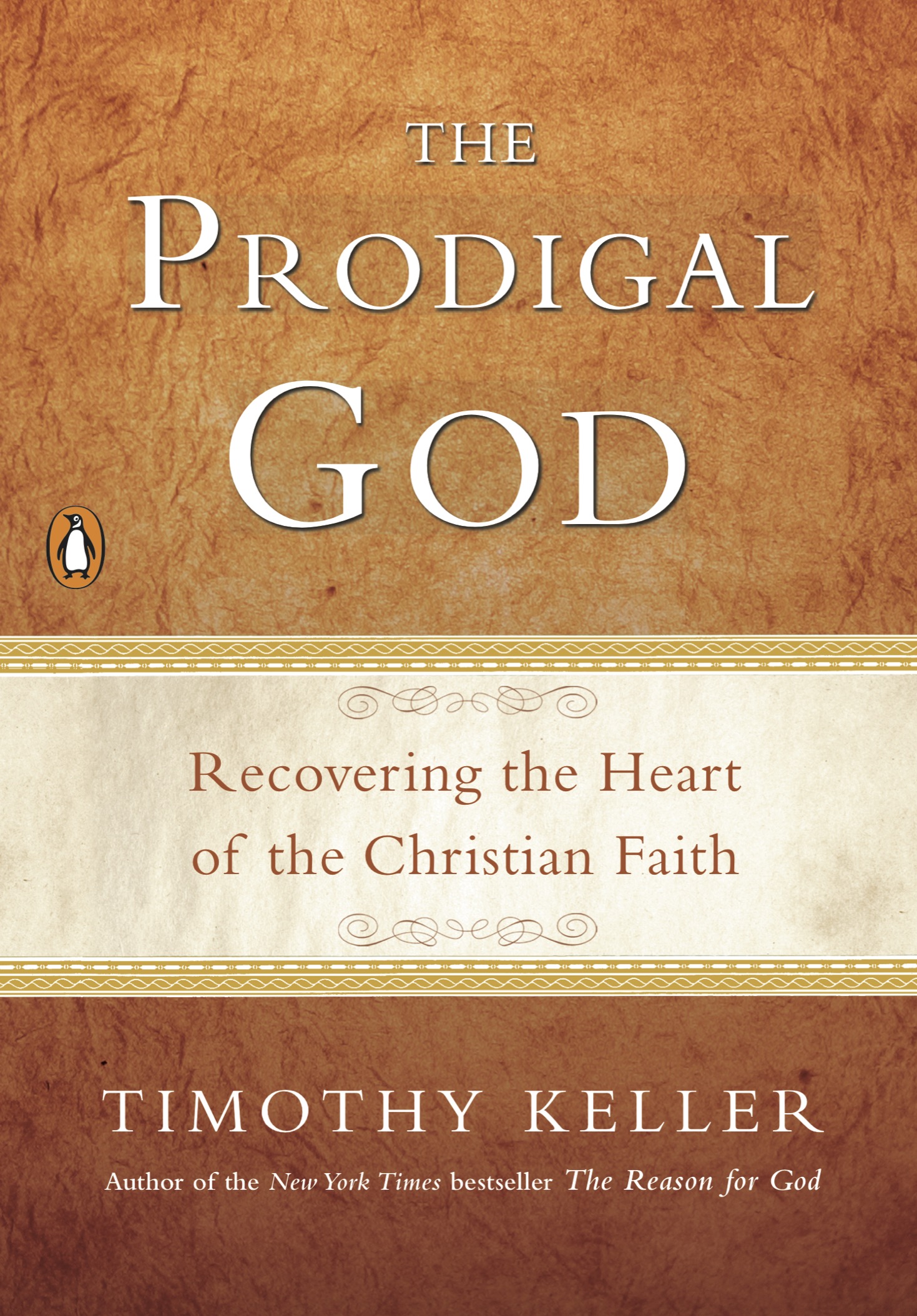
"
Table of Contents
WITH GRATITUDE TO
EDMUND P. CLOWNEY
and my other mentors
INTRODUCTION
THIS short book is meant to lay out the essentials of the Christian message, the gospel. It can, therefore, serve as an introduction to the Christian faith for those who are unfamiliar with its teachings or who may have been away from them for some time.
This volume is not just for seekers, however. Many lifelong Christian believers feel they understand the basics of the Christian faith quite well and dont think they need a primer. Nevertheless, one of the signs that you may not grasp the unique, radical nature of the gospel is that you are certain that you do. Sometimes longtime church members find themselves so struck and turned around by a fresh apprehension of the Christian message that they feel themselves to have been essentially re-converted. This book, then, is written to both curious outsiders and established insiders of the faith, both to those Jesus calls younger brothers and those he calls elder brothers in the famous Parable of the Prodigal Son.
I am turning to this familiar story, found in the fifteenth chapter of the gospel of St. Luke, in order to get to the heart of the Christian faith. The parables plot and dramatis personae are very simple. There was a father who had two sons. The younger asked for his share of the inheritance, received it, and promptly left for a far country, where he squandered it all on sensual and frivolous pleasure. He returned home penitently and, to his surprise, was received with open arms by his father. This reception alienated and angered the elder brother greatly. The story closes with the father appealing to his firstborn son to join in the welcome and forgiveness of his younger brother.
On the surface of it, the narrative is not all that gripping. I believe, however, that if the teaching of Jesus is likened to a lake, this famous Parable of the Prodigal Son would be one of the clearest spots where we can see all the way to the bottom. Many excellent studies have been written on this Biblical text over the last several years, but the foundation for my understanding of it was a sermon I first heard preached over thirty years ago by Dr. Edmund P. Clowney. Listening to that sermon changed the way I understood Christianity.
I once traveled overseas and delivered this sermon to an audience through an interpreter. Some time later the translator wrote to tell me that, as he was preaching the sermon, he had realized that the parable was like an arrow aimed at his heart. After a period of wrestling and reflection, it brought him to faith in Christ. Many others have told me that this story of Jesus, once they came to understand it, saved their faith, their marriages, and, sometimes literally, their lives.
In the first five chapters I will unlock the parables basic meaning. In Chapter 6 I will demonstrate how the story helps us understand the Bible as a whole, and in Chapter 7 how its teaching works itself out in the way we live in the world.
I will not use the parables most common name: the Parable of the Prodigal Son. It is not right to single out only one of the sons as the sole focus of the story. Even Jesus doesnt call it the Parable of the Prodigal Son, but begins the story saying, a man had two sons. The narrative is as much about the elder brother as the younger, and as much about the father as the sons. And what Jesus says about the older brother is one of the most important messages given to us in the Bible. The parable might be better called the Two Lost Sons.
The word prodigal does not mean wayward but, according to Merriam-Websters Collegiate Dictionary, recklessly spendthrift. It means to spend until you have nothing left. This term is therefore as appropriate for describing the father in the story as his younger son. The fathers welcome to the repentant son was literally reckless, because he refused to reckon or count his sin against him or demand repayment. This response offended the elder son and most likely the local community.
In this story the father represents the Heavenly Father Jesus knew so well. St. Paul writes: God was in Christ reconciling the world to himself, not reckoning to them their trespasses (2 Corinthians 5:19American Standard Version). Jesus is showing us the God of Great Expenditure, who is nothing if not prodigal toward us, his children. Gods reckless grace is our greatest hope, a life-changing experience, and the subject of this book.
prod-i-gal / pradigeladjective
1. recklessly extravagant
2. having spent everything
THE PARABLE
LUKE 15: 1-3, 11-32
(Based on the New International Version, with some verses
translated by the author.)
1 Now the tax collectors and sinners were all gathering around to hear him. 2 But the Pharisees and the teachers of the law muttered, This man welcomes sinners and eats with them. 3 Then Jesus told them this parable....
11 Jesus continued, There was a man who had two sons. 12 The younger one said to his father, Father, give me my share of the estate. So he divided his property between them.
13 Not long after that, the younger son got together all he had, set off for a far country and there squandered his wealth in wild living. 14 After he had spent everything, there was a severe famine in that whole country, and he began to be in need. 15 So he went and hired himself out to a citizen of that country, who sent him to his fields to feed pigs. 16 He longed to fill his stomach with the pods that the pigs were eating, but no one gave him anything. 17 When he came to his senses, he said, How many of my fathers hired men have food to spare, and here I am starving to death! 18 I will set out and go back to my father and say to him: Father, I have sinned against heaven and against you. 19 I am no longer worthy to be called your son; make me like one of your hired men.
20 So he got up and went to his father. But while he was still a long way off, his father saw him and was filled with compassion for him; he ran to his son, threw his arms around him and kissed him. 21 The son said to him, Father, I have sinned against heaven and against you. I am no longer worthy to be called your son.
22 But the father said to his servants, Quick! Bring the best robe and put it on him. Put a ring on his finger and sandals on his feet. 23 Bring the fattened calf and kill it. Lets have a feast and celebrate. 24 For this son of mine was dead and is alive again; he was lost and is found. So they began to celebrate.
25 Meanwhile, the older son was in the field. When he came near the house, he heard music and dancing. 26 So he called one of the servants and asked him what was going on.
27 Your brother has come, he replied, and your father has killed the fattened calf because he has him back safe and sound.
28 The elder brother became angry and refused to go in. So his father went out and pleaded with him. 29 But he answered his father, Look! All these years Ive been slaving for you and never disobeyed your orders. Yet you never gave me even a young goat so I could celebrate with my friends. 30 But when this son of yours who has squandered your property with prostitutes comes home, you kill the fattened calf for him!
31 My son, the father said, you are always with me, and everything I have is yours. 32 But we had to celebrate and be glad, because this brother of yours was dead and is alive again; he was lost and is found.




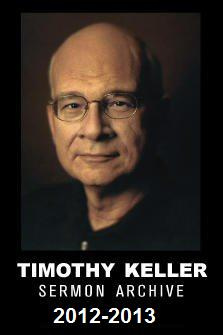

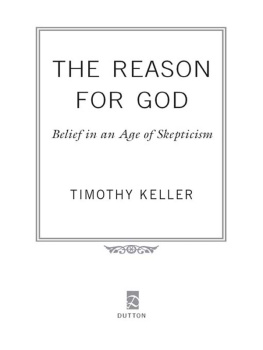
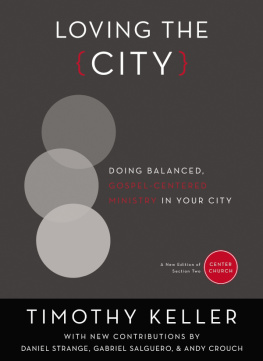
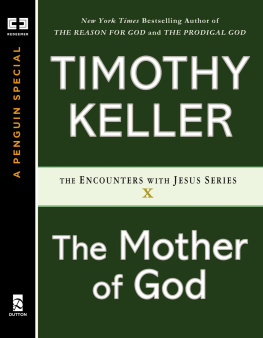
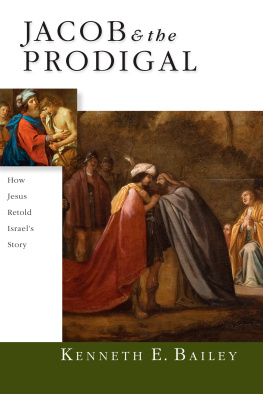
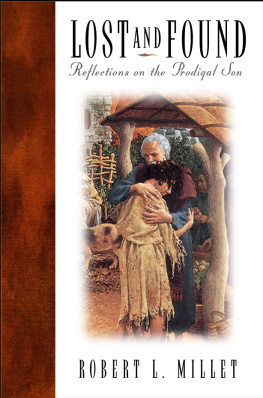
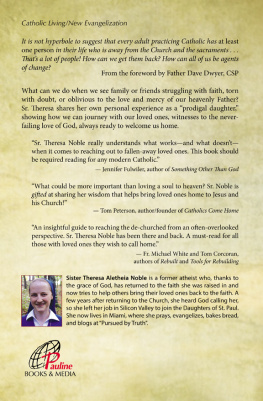
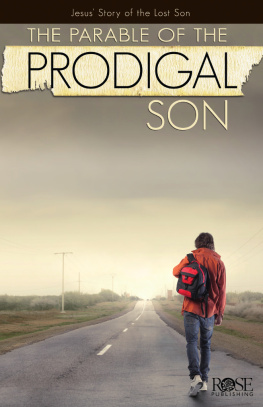
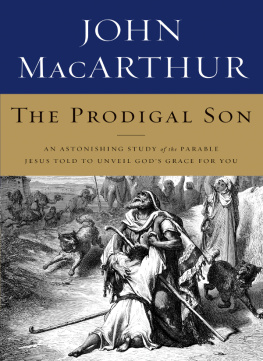
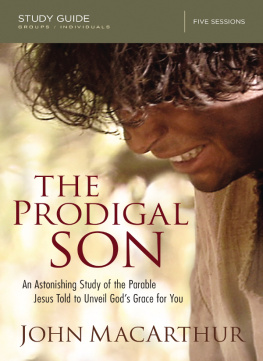
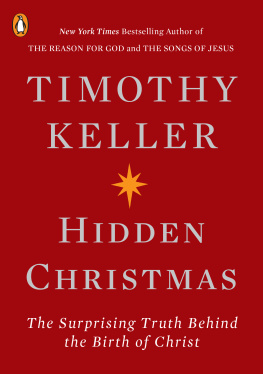
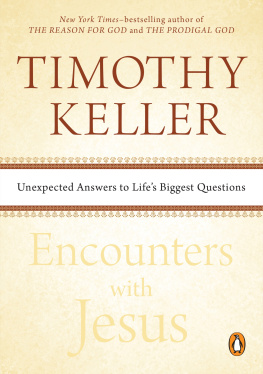
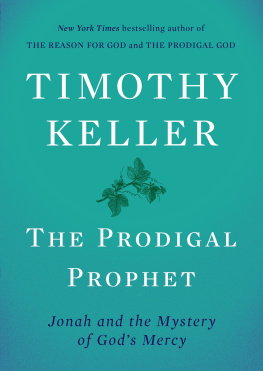
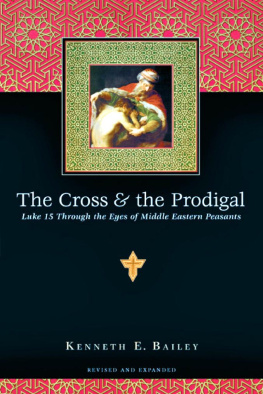
 "
"